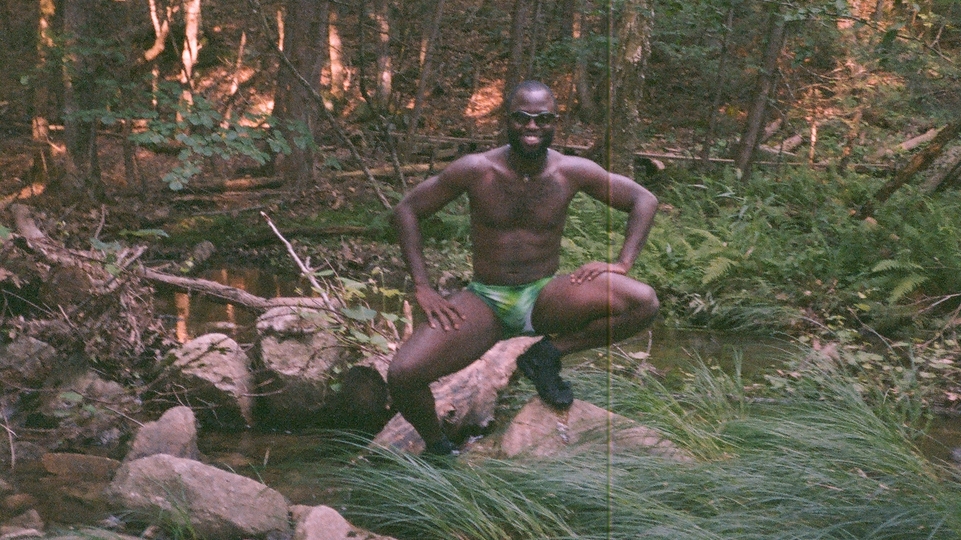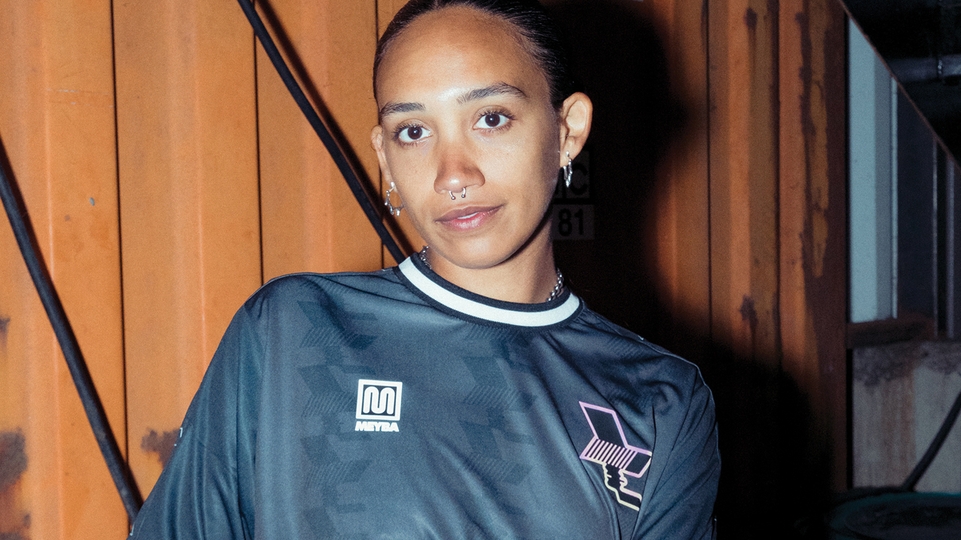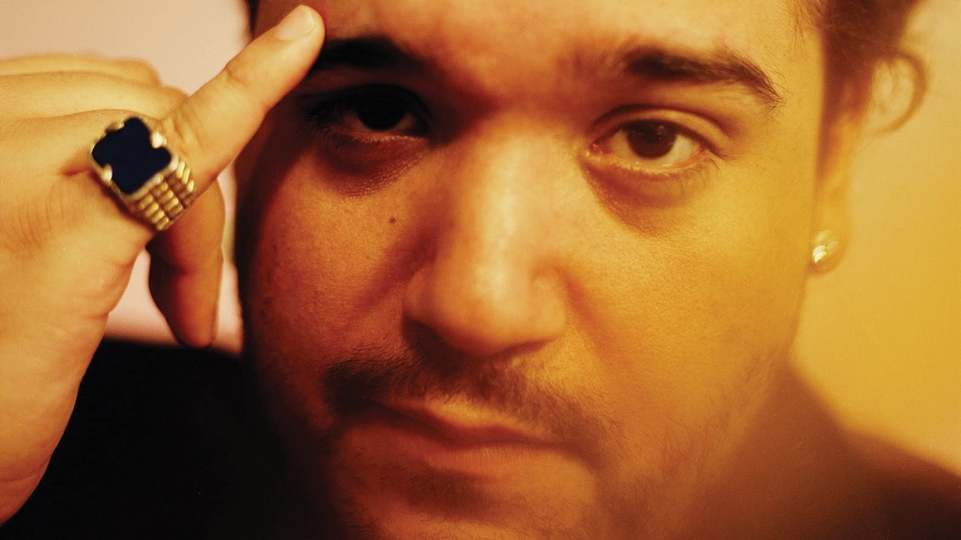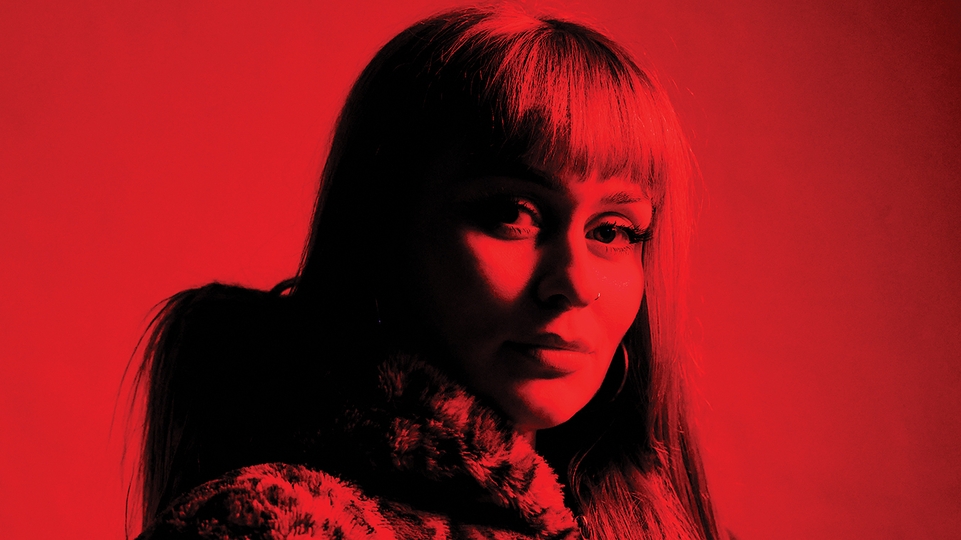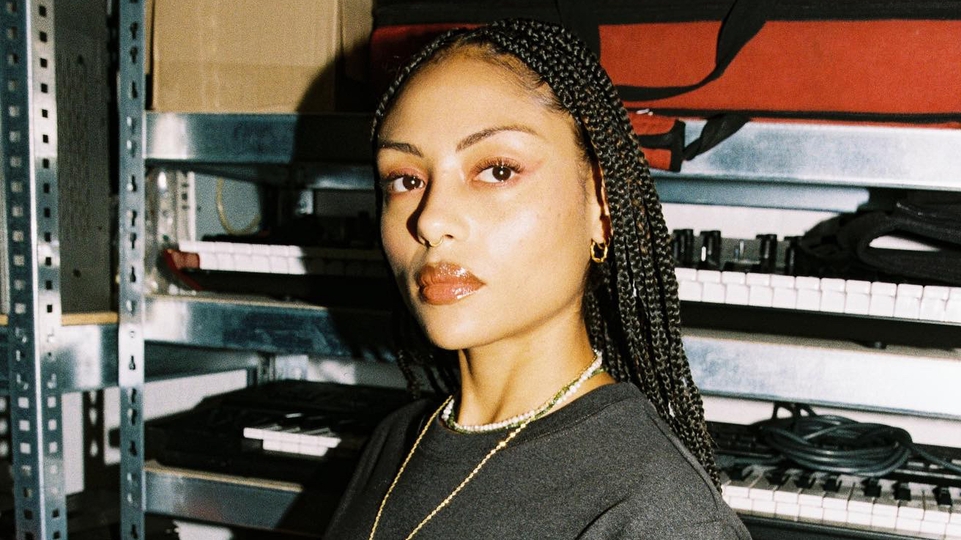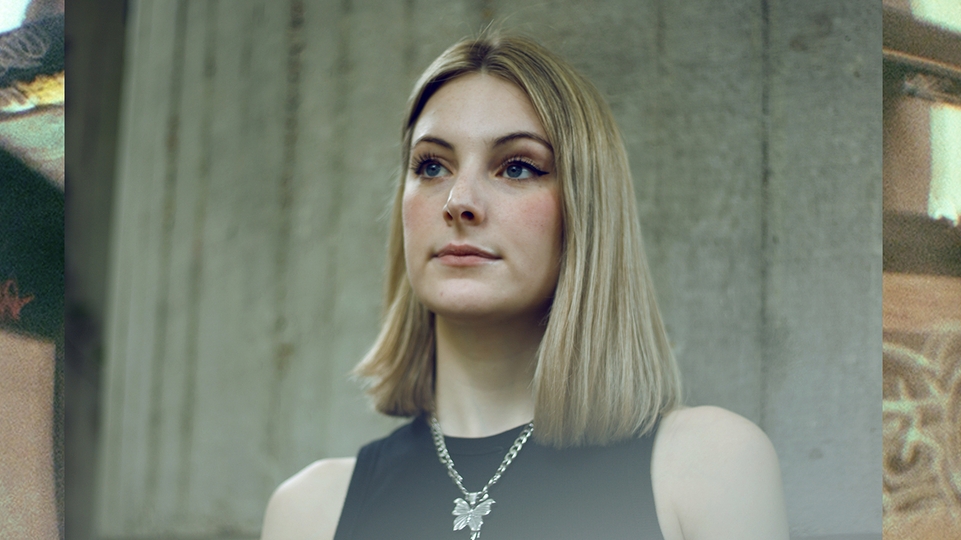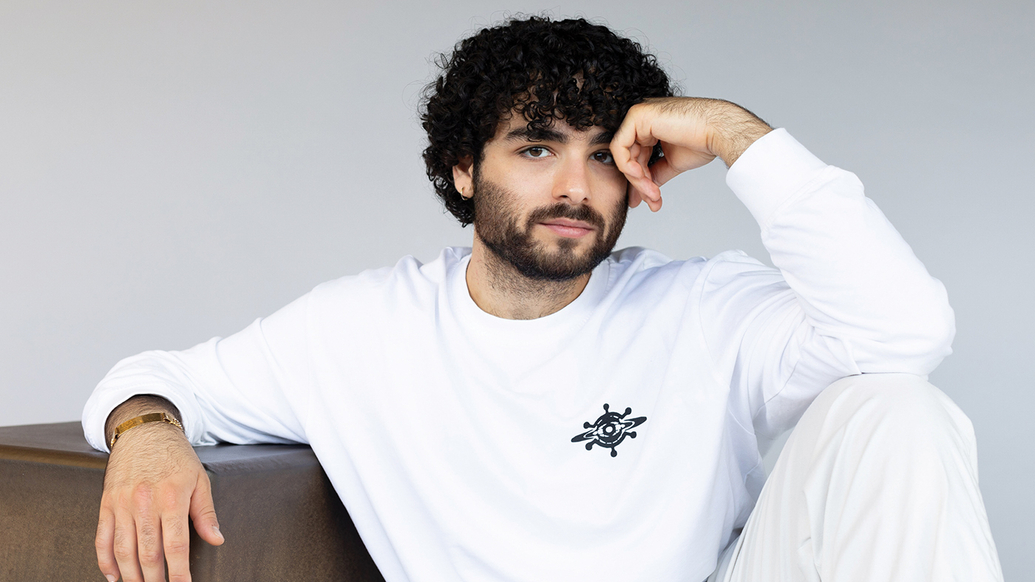
Fresh Kicks 204: Fafi Abdel Nour
Syria-born, Groningen-raised Fafi Abdel Nour channels the melody, warmth and drama of '90s house music into his radiant Fresh Kicks mix, and chats to Olivia Stock about family, embracing his queerness through dance music, and nurturing safe spaces for young ravers
“Sometimes I feel like I’m an archeologist on Discogs trying to find the bones of a dinosaur,” laughs Fafi Abdel Nour, the Amsterdam-based artist whose deeply-dug house sets have made him one of the most sought-after bookings on the European circuit. “Don’t get me wrong, I love new music,” he prefaces, “but sometimes it’s too perfect. With older tracks, you get a kind of goofiness, you know, and big dramatic melodies, stuff that people these days are maybe too afraid of doing or trying out.”
Fafi is perched at the excavation site – aka his bedroom monitor – when DJ Mag calls him up, fresh from b2b weekends at Dekmantel Selections and Lowlands festival where he could exhibit his retro-tinged finds to the world. Lowlands festival, locally dubbed “Dutch Glastonbury”, was particularly special for Fafi. In what might be a contender for the most wholesome dance music moment of the year, the rising DJ brought his younger brother and sister on stage during his biggest set to date. “It meant a lot for me to show them how my weekends go,” he beams, “I can tell them stories, but it felt like it was time they got to see for themselves.”
The DJ’s siblings have been his greatest allies, even during the more turbulent chapters of his life. Born in Syria, Fafi and his family fled the country for Groningen — “a fairly white city in the North of the Netherlands” — when he was just three years old. In the years ensuing, the artist would be forced to navigate a melee of conflicting identities and ideologies — from race and religion to, later, his sexuality. “I was comparing the ideals that these white kids at school gave me with the ideals of my Arabic parents at home,” he shares. “I remember asking my mum at nine if I could dye my hair blonde, because I wanted to look like every other Dutch kid.”
He describes an intense period of “fighting and silence” that followed his parents’ learning of his sexuality. “In the beginning, they were not okay with me being gay, and in Arabic countries, the approval of your parents is so important,” he says. “It took a really long time for us to be able to have a healthy dialogue about my queerness.” His parents eventually came to accept and embrace his sexuality, helped by their work as Arabic-to-Dutch interpreters, translating the conversations of fellow queer refugees. “It kind of normalised it for them,” Fafi explains, “because they heard so many experiences from people that are in the same situation as me.”

Throughout this time, house music became a safe haven for the budding selector, who would spend any time he wasn’t studying, rummaging for records and dancing through to sunrise. “I remember being at parties in my hometown and noticing that the people playing the music just didn’t look like me. They were white and straight... and playing A LOT of minimal,” he laughs. “That was the moment I knew I needed to contribute.”
These life experiences all bleed into Fafi’s craft, where he collates mixes and sets indebted to the weirdest, wackiest, and most wonderful tenets of house music, specifically from “around ’92 to ’98” — the sounds becoming not only an artistic avocation for the DJ, but a means of loudly embracing queer culture, of experimenting freely and without judgement. “I feel so connected to this era of house music, because so much of it came out of necessity. A necessity to come together as POC or queers or trans people; to have this sense of culture behind the music that would connect everybody,” he effuses. “Even if I try to play a bit harder or faster, or a bit more uptempo, it will always contain this warmth that I feel when I listen and think back on that moment in time, where people needed this music to come together.”
In this spirit of connection, Fafi travels back to Groningen every eight weeks to host his beloved LGBTQIA+ club night, BUTTS at Club OOST, which he first founded seven years ago. “It’s so important to keep this community alive and thriving because it has done so much for our city, and for people who might struggle to find a place where they can be truly themselves. When I was sixteen or seventeen, this would have been perfect, but there just wasn’t anything like it.”
Fafi has also been named as a resident at Amsterdam’s brand new CLUB RAUM, from the team behind the inclusive dancefloors of Speilraum. Unfortunately, the independent nightclub has been forced to delay its opening due to a “complex dispute” with the municipality of Nieuw-West, the team shared in a post on Instagram last week. Despite the neighbourhood having previously welcomed a variety of queer events, the post describes how CLUB RAUM is being forced to comply with “disproportionate measures” in order to open, while its crowd, the LGBTQIA+ community, are being unfairly “perceived as a ‘safety risk’.”
The situation comes as a significant set-back for Amsterdam’s queer community, which Fafi and countless others have been working hard to nurture. However, the CLUB RAUM team attest that they “will not stop fighting”, and remain positive that the space will eventually open with support from the international community.
In the meantime, Fafi’s heartfelt house sets can be heard across the Netherlands, including Doornroosje in Nijmegen, where Diskodip are returning with a stacked bill of DJs, as well as at Boiler Room’s biggest show in the Dutch capital to date, where he will play alongside the likes of Gabrielle Kwarteng, Jayda G, SHERELLE, and loads more. Speaking on the importance of safe club spaces in his own life, Fafi concludes. “It’s like I’m putting my life on hold when I’m in the club. I try to put everything on pause and it gives me the opportunity to breathe and look around and recalibrate, and when Monday comes, I’ll continue.”
